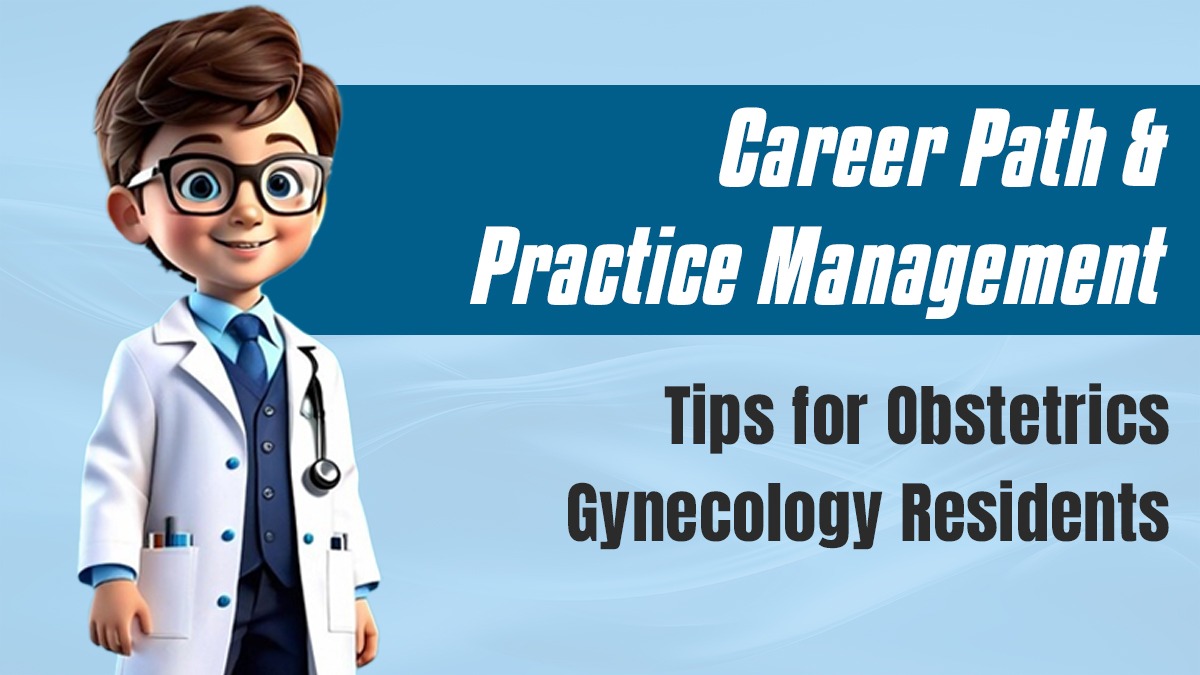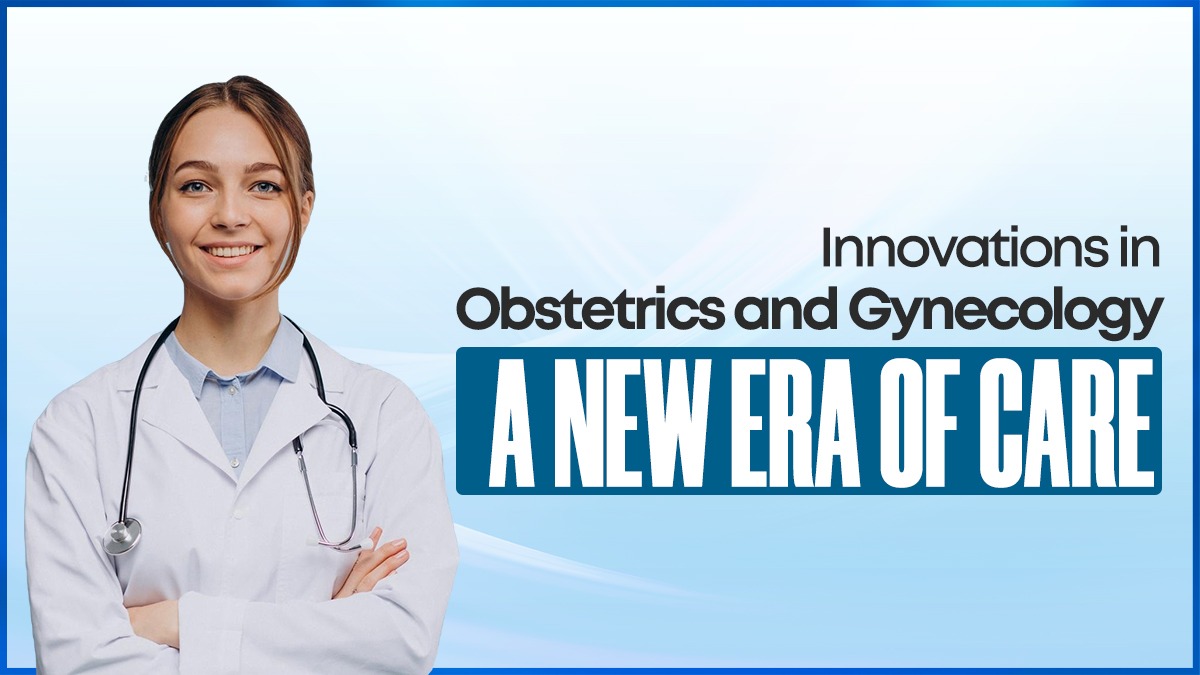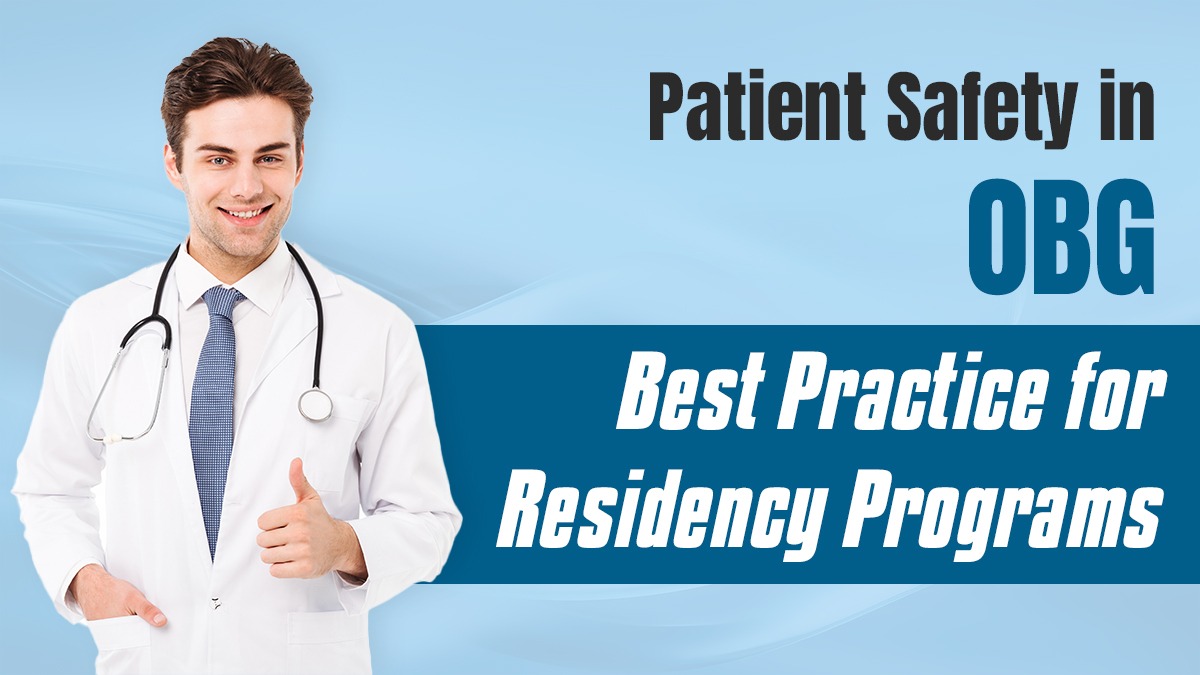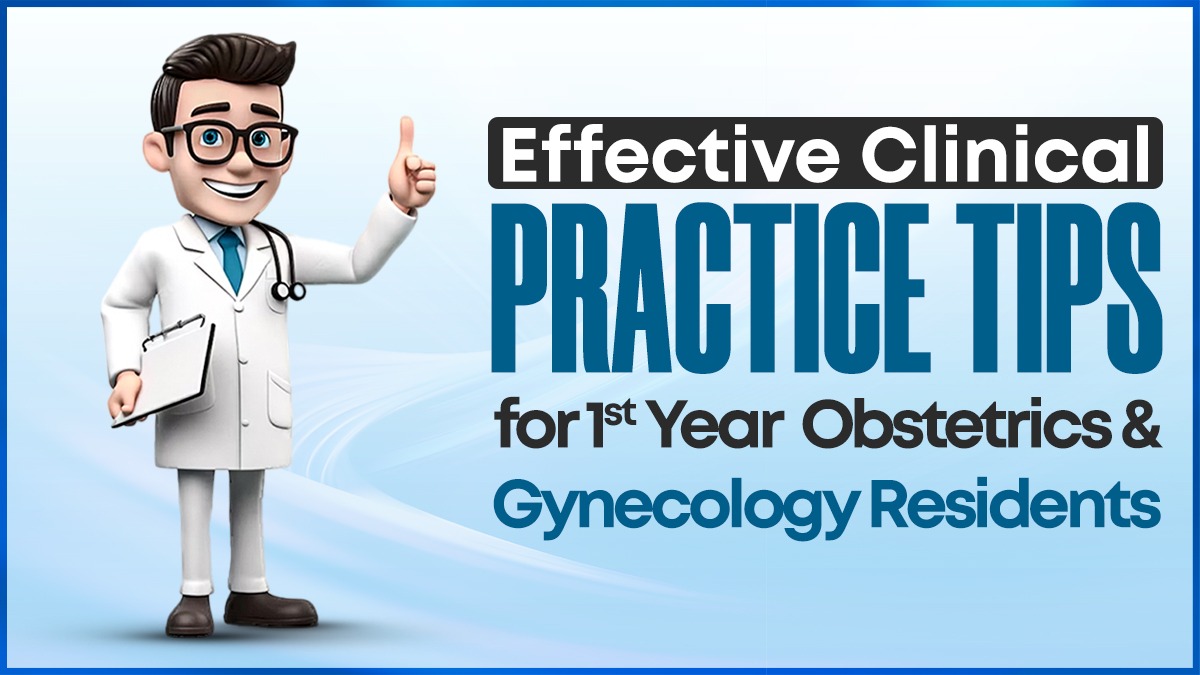Estimated reading time: 4 minutes
The choice of medical speciality for an aspiring doctor is crucial. Obstetrics and Gynecology is one of the dynamic careers that will combine the art of medicine and surgery. Whether you are considering OBG residency or finding specialization options in Obstetrics and Gynecology, this blog gives you a comprehensive overview to make informed decisions.
Why Choose Obstetrics and Gynecology?
Here is the detailed pros and cons given:
Pros of Obstetrics and Gynecology as a Career
- Combination of Medicine and Surgery: OBG uniquely blend clinical practice with surgical skills, allowing for a varied career.
- Satisfactory Experience: The profession includes the occasion of bringing new life to the world.
- Evergreen Demand: The demand for gynaecologists and obstetricians continues to be steady, meaning job security.
- Flexible Hours with Specialisations: Subspecialties in fetal medicine, reproductive medicine, and urogynecology have structured hours with fewer emergencies.
- Diversity in Work Environments: Careers can be held in government setups, private hospitals, corporate roles, and international placement.
Cons of Obstetrics and Gynecology
- High Stress: Emergency deliveries and critical situations demand composure and quick decision-making.
- Heavy Workload: Long hours, night duties, and on-call responsibilities can be hectic, especially during residency.
- Emotional Challenges: Dealing with complications of the mother or baby can be emotionally challenging.
- Urban Competition: Whereas urban areas are saturated, smaller towns and cities are better for growth.
Also Read: 12 Key Insights You Need Before Finishing Your OBG Residency
How to choose the right OBG residency program?
1. Academic Quality and Workload
- Look for programs that have a strong academic framework and a moderate-to-heavy workload to ensure adequate training.
- DNB centres should have at least 100 deliveries in a month to ensure adequate exposure.
2. Surgical Exposure
- Look for programs with good all-around training, including pre-op and post-op care, rather than just surgical exposure.
3. MS vs. DNB
- MS and DNB in Obstetrics and Gynecology are considered equivalent qualifications, but they differ in the way they are structured.
- MS programs are usually offered by medical colleges, focusing on academic and clinical training, whereas DNB is conducted in hospitals, with hands-on exposure to a wide variety of cases.
- DNB candidates may require additional senior residency time, depending on the hospital. Larger multi-speciality hospitals offer more comprehensive training because they have a greater variety of cases and specialties.
- In the end, both qualifications lead to similar career opportunities, though the experience of training can be different.
4. Language and Location
- Knowledge of the local language helps in communication with patients and enhances the residency experience overall.
5. Support System
- Residency can be very stressful. It’s important to have a good support system either in terms of family, friends or colleagues.
Super-Specialization in OBG
OBG is an extremely wide area, which offers many super-specializations, including:
- Fetal Medicine: Advanced imaging and high-risk pregnancies.
- Reproductive Medicine: Specialized care in infertility and IVF.
- Gynecologic Oncology: Management of cancers in the reproductive tract.
- Urogynecology: Treating pelvic floor disorders and incontinence.
- Minimally Invasive Surgery: Expertise in laparoscopic and robotic procedures.
- Critical Care in Obstetrics: Managing high-risk and emergency cases.
- Medical Education: Training future doctors and contributing to academics.
Passion for the Field
If you are interested in women’s health, surgery, and holistic care, then OBG will be a very fulfilling career path. Compromising your interest for other factors can eventually result in dissatisfaction in the long run. Align your career with your passion and long-term goals.
Work-Life Balance in OBG
As competitive and time-intensive the OBG can be, it is possible to create a work-life balance:
- Structured Specializations: One like fetal medicine and reproductive medicine tends to have predictable hours with few emergencies.
- Private Practice: Schedules can be planned around personal needs.
- Life Phases: Career advancement may be temporarily slowed down by motherhood or personal responsibilities but usually rebounds with time.
Career Paths in Obstetrics and Gynecology
Post-residency career options include:
- Senior Residency: Acquire more experience in academic or non-academic environments.
- Super-Specialization or Fellowships: Specialize in specific areas.
- Private Practice: From OPD-only setups to fully-equipped nursing homes.
- Corporate Hospitals: Provide structured roles with competitive pay.
- International Opportunities: High demand in countries with specialist shortages.
- Government Hospitals: Job security with predictable work environments.
Conclusion
Obstetrics and Gynecology residency is a fulfilling branch. It provides a diverse number of opportunities, an excellent mix of medicine and surgery, and moments of sheer joy. The journey might be tough, but it is worth it for all the satisfaction it provides.
Whichever it is, whether starting your OBG residency or thinking through your long-term career prospects, remember that the direction you take should be guided by your passions and goals. Use available resources, seek counsel, and trust your gut as you take this richly rewarding journey.
You Can Read More:







